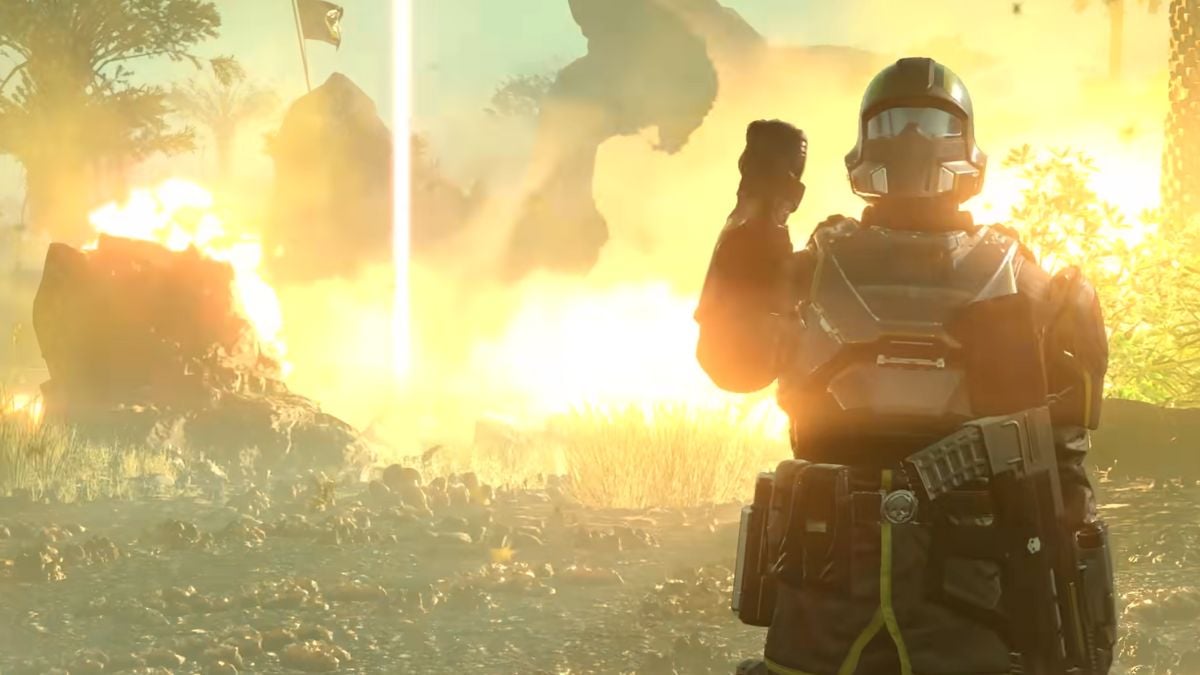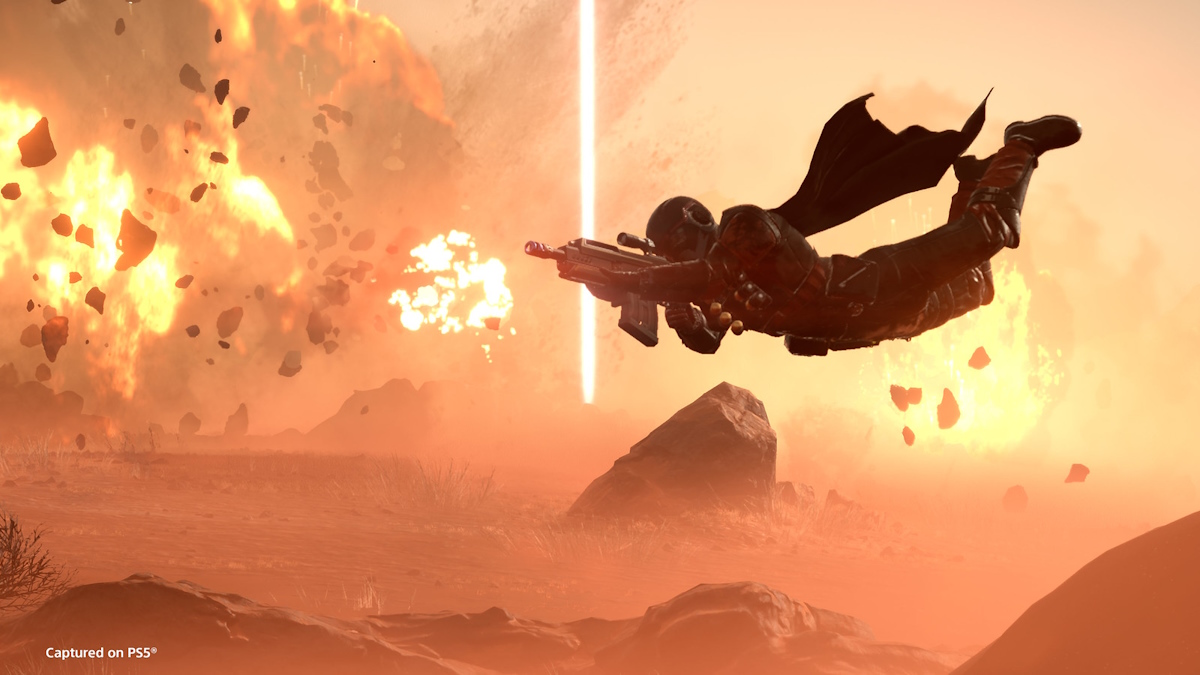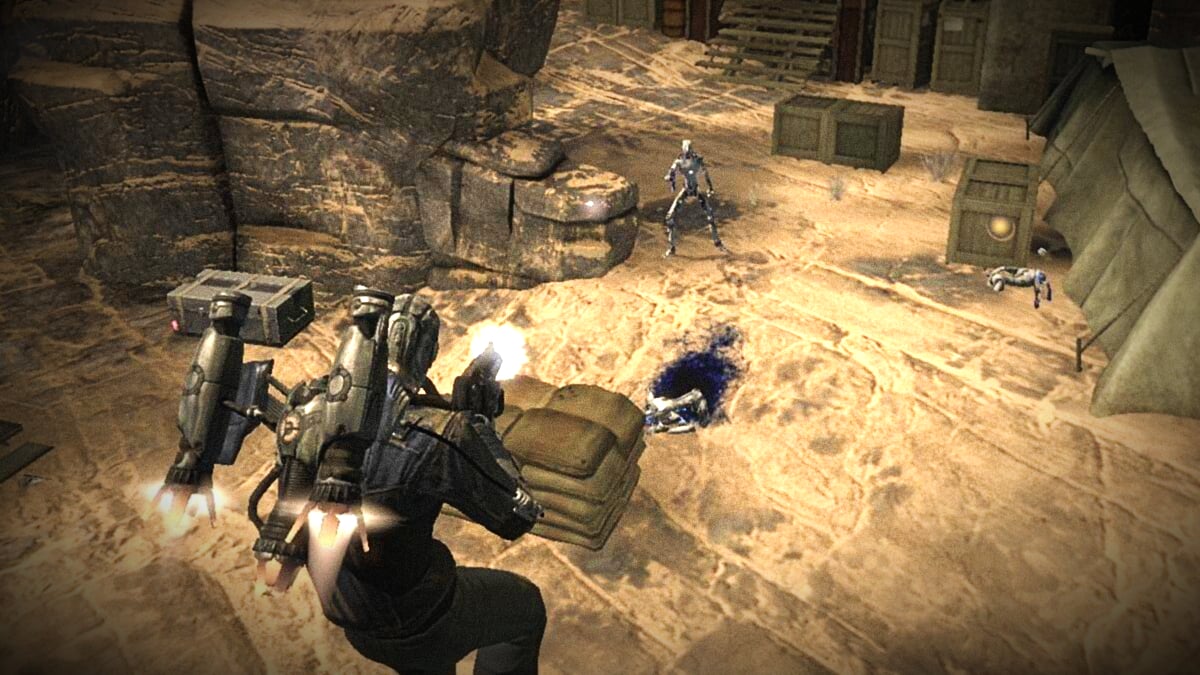It can be frustrating when the law seems to get in the way of videogames, and doubly so when lawsuits seem ridiculous. Regardless of how you feel about gaming lawsuits, there are times when the law should step in to protect developers.
This is a story about the line between a lack of creativity and copyright infringement. It’s about how Attack Touch, the less-than-reputable creator of Ultimate iZelda Climb, is repeatedly using the copyrighted works of other game companies to make money on the iTunes App Store.

Before we go any further, let me clear up a bit of confusion about the difference between Copyright and Trademark Law.
Trademark Law is about protecting the identification of a product. If you buy a cup of coffee labelled Dunkin’ Donuts or eat a burger from a McDonald’s wrapper — neither of which I would suggest — you have a certain expectation that your product comes from that company. Company names, game titles, and other monikers that identify a product or its origin are all considered trademarks. Trademarks can last forever as long as they remain well known and well protected.
The Notch vs. Bethesda debate is about trademark.

Copyright Law, on the other hand, is a much broader right that offers protection to “original expression fixed in a tangible medium.” That’s a complicated way of saying that anyone who produces a creative work has a right to protect that work from people who would copy it without their permission. Just about every book, movie, song, and videogame you have ever enjoyed is protected by copyright. Theoretically, this protection only lasts as long as the author remains alive plus 70 years, but if Disney has its way and keeps pushing this date back every time its copyright comes up, it may prove to last forever.
So, while Gears of War 3 is protected by a trademark, the storyline and characters — or lack thereof, as your opinion might have it — are protected by copyright. Every game, big and small, has copyright protection automatically.

Maybe, like me, you are sometimes surprised at the absolute lack of creativity that exists in so many games. After all, how many games can include a bald-headed space marine before someone shouts, “Hey! You’re copying us!” Copyright only goes so far, though.
You can’t copyright an idea. The bald-headed space marine is too broad and generic for anyone to have a copyright of it. On the other hand, the Warhammer 40k Blood Raven or the Gears of War COG are variations of that general idea and are much more original by comparison. Anyone could easily get away with making small alterations and reworking these characters to make their own bald-headed space marine complete with their own copyright protection. That sort of broad interpretation of what it means for something to be “original” doesn’t do much for creativity, but it does allow game makers to build upon the ideas of those who came before them.
You still needs to put your own creative juices into a work such that it can be considered a new, original work. I can make as many games as I want about bald-headed space marines; they just can’t be rote copies of something that has come prior. If others can prove that my game uses their space marine, or at least a nearly identical marine, I might quickly have lawyers breathing down my neck.

How close is too close, though, and how much creativity needs to be put into a work for it to be considered original? At least in the case of our space marines, upon closer inspection, the characters actually have a lot of different details. It is easy to argue that while the general idea, they are each their own original work.
The creative bar is pretty low, in fact. With that understanding, it’s easier to see why companies can get away with games like Jewel Craft (a Bejeweled ripoff) and StarFront (a StarCraft ripoff). Even minor changes to a general formula can be enough to protect these games. As long as there isn’t any evidence that something has been directly copied, the companies are most likely okay.
Overall, I think that’s a good thing. If developers and artists need to borrow and steal a few elements here and there from one another to make their ideas flourish, then that’s fine. Creativity is not always purely original, often deriving from building upon the work of another. If Gears of War needed to steal some ideas from Warhammer 40k in order to get off the ground, I think we would all agree, Relic Entertainment included, that the videogame industry is better for it.
Still, there is definitely a line between not caring if your product is very original and violating someone’s copyright. Unfortunately, there are some companies that seem to wholly disregard this distinction.

Enter Attack Touch. Or was it Sound Attack? Or how about Audio Attack? Actually, come to think of it, the company seems to go by a lot of different names. Odd that all these company names lead back to the same website. Coincidence? Or is this publisher trying to obscure its identity by posing under a large number of pseudonyms?
It is probably also a coincidence that all of Attack Touch’s games happen to use similar or identical art assets, feature some sort of copyrighted property, and also attempt to obscure themselves through the use of the letter ‘i’ or exclamation points. Some of these great titles include Minecraft Jump!, Top DBZ Jump, Garfield Bounce!!, Hello Kitty Hop, Bratz Fly, 007 Spy Climb, and my personal favorite, pictured above, Ultimate iZelda Climb. They all also appear to be mechanically blatant copies of Doodle Jump.
Before I say anything else, let me offer a disclaimer: I’m not an arbiter of the law, only a student of it. I can’t make any definitive judgements about the legality or illegality of something, but this is my opinion based on my research.

I’m typically not one to judge. My legal training has taught me to pause and contemplate all the facts before determining my opinion on an issue. In fact, while writing this article, I actively sought out some type of law that would immunize a company like Attack Touch from copyright infringement, because frankly, these games seemed too ridiculous to be true. I even attempted to contact the company through its many listings in order to get its side of the situation. Perhaps unsurprisingly, I have yet to hear anything back.
Through all my research, I’ve yet to find a single factor that doesn’t point to companies like this being anything but thieves preying on the young and ignorant in the hopes of making a quick buck. The wholesale theft of characters from properties that artists have taken the time to create and nurture is illegal, not to mention downright ethically wrong, and we as gamers should be furious. Unless these games are licensed by the creators of these characters — and we all know Nintendo isn’t putting its games on iOS anytime soon — I just don’t see how this is legal.
The only other possibility that someone can get away with using another’s copyright without permission is through an idea called “derivative fair use.” You’ve probably heard the term “fair use” before in the context of using copyrighted music or video without paying for it, but it can apply to all copyrights. “Fair use” is actually pretty complicated. It essentially means that one doesn’t have to pay to use someone’s copyrighted materials because other more important rights trump the copyright.

For example, this mustachioed Mona Lisa by the famous French artist Marcel Duchamp shows a good example of “fair use.” Even though he didn’t own the copyright to the famous work, Duchamp could make his own version of it without worrying about legal repercussions because he was exercising his right to freedom of expression. It was a parody of the original, as well as an artistic endeavor with a message rather than a commercial product.
“Fair use” can be tricky because you only know you have a right to “fair use” after you go to court. The alternative, of course, is that a court might find you liable for copyright infringement. It’s a rather big gamble.

Moreover, these games point out a huge problem with the iTunes App Store. No doubt that buried deep within Apple’s Terms of Service is a provision absolving Apple of all liability associated with publishers who make copyright-infringing software. That doesn’t mean Apple shouldn’t be more wary of what it allows into the App Store, as these apps should never have been allowed in the first place. If Apple is going to curate content, it needs to worry more about who might be breaking the law rather than who has put something potentially offensive in an app.
Copyright Law exists not only to protect artists from those who would steal their work but also to protect artists who build on the work of others. I don’t mean to single Apple out for blame here — they aren’t the ones creating copyright-infringing content after all. However, as market leader in the mobile gaming sphere, Apple does have something of an obligation to the artists who put their work in the App Store. Apple thrives on the work of artists in music, movies, and games, and it needs to protect these creators from leeches who would steal their copyrighted properties. Such issues hardly make iOS seem like a respectable development platform.
But you can do something about this problem too! No matter how curious you are about Attack Touch’s apps, DON’T DOWNLOAD THEM! While you’re not breaking any laws, you’re supporting some seriously questionable business practices, and that’s just plain mean.



